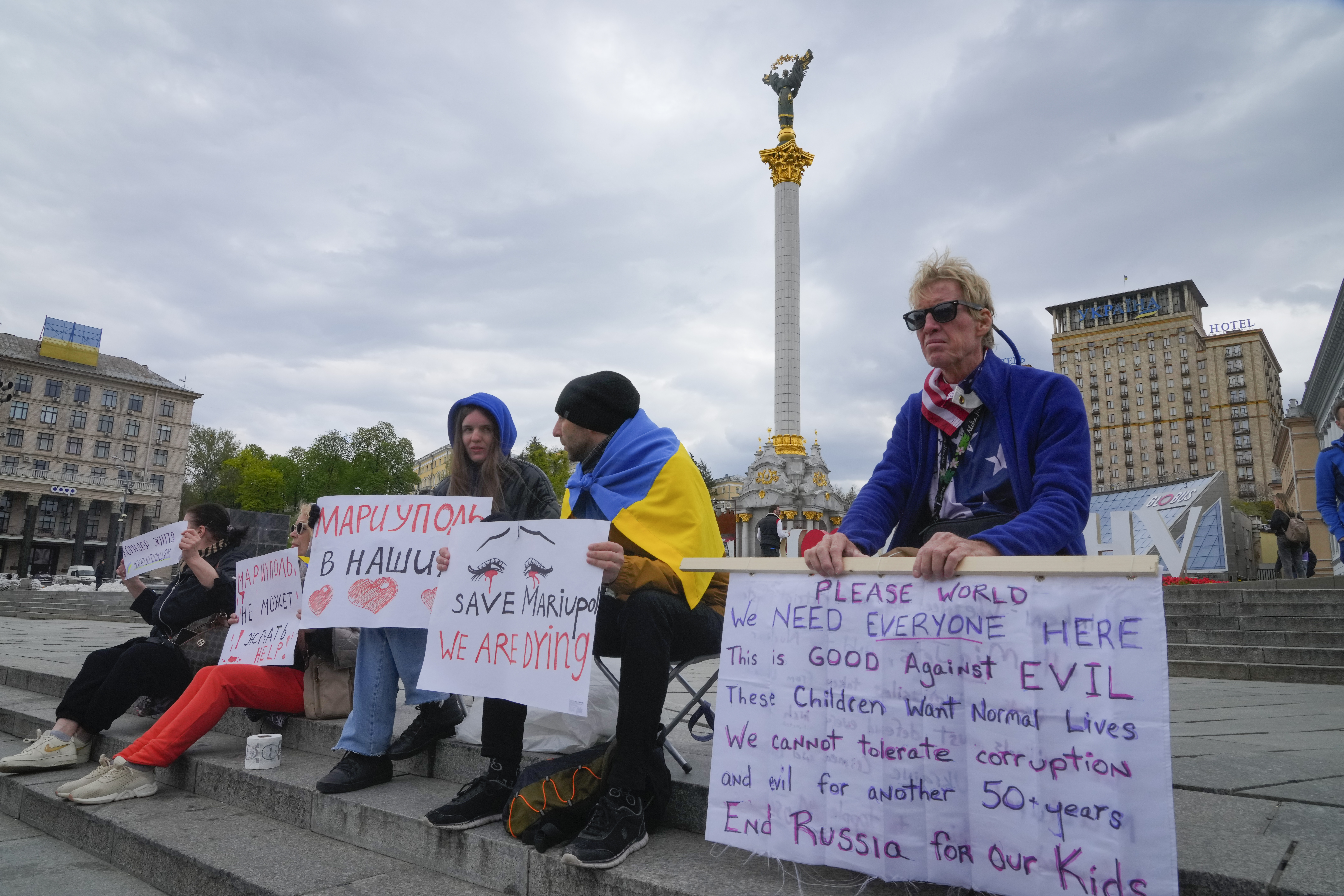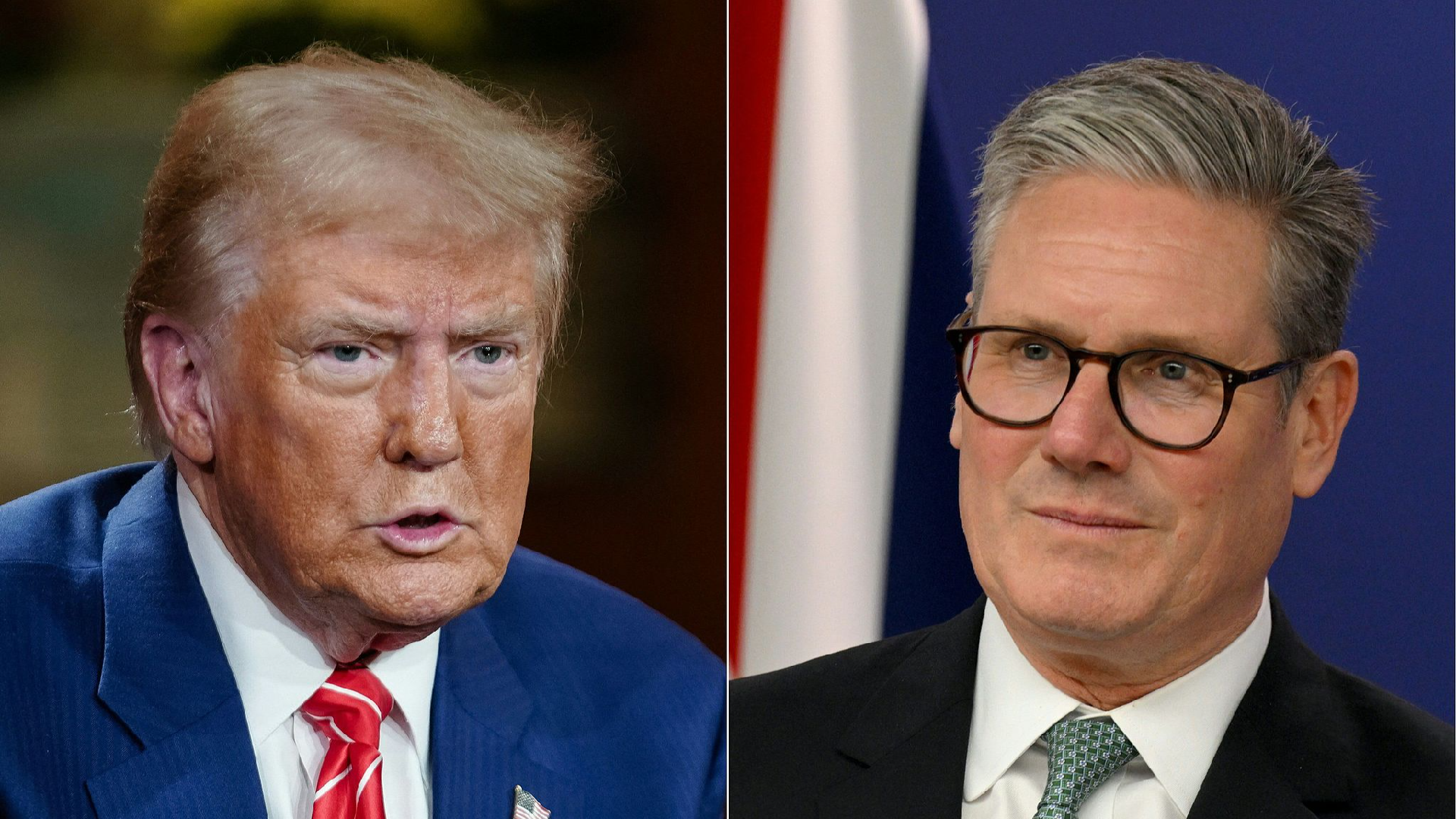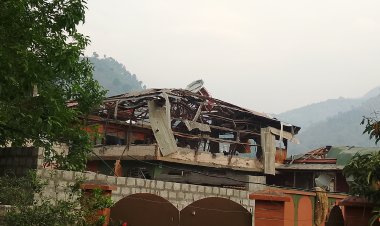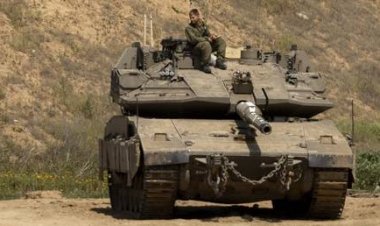U.S. officials scrutinized Americans heading to Ukraine to fight; Ryan Routh was overlooked.
The previously unreported DHS monitoring initiative seeks to examine Americans who participated in the conflict in Kyiv and assess whether any might pose a threat upon their return.

In 2022, the Department of Homeland Security initiated an interagency effort to examine Americans returning from Ukraine’s conflict zone. This previously undisclosed initiative aimed to identify individuals who might resort to violence upon their return, as detailed by five sources familiar with the situation. Authorities expressed concerns that the ongoing Russia-Ukraine war might draw American extremists, who could acquire combat skills and subsequently pose threats to their fellow citizens upon returning home.
To address this, officials from DHS and the FBI began working on identifying Americans through discussions with Ukrainian authorities and analyzing intelligence about those returning from Ukraine. They also monitored social media for signs of violent rhetoric. So far, there is no evidence that Americans who fought alongside Ukraine’s military—supported by the U.S. government—have engaged in political violence at home; in fact, many have lost their lives fighting Russian forces.
However, Ryan Routh, the suspect accused of planning to ambush Trump with a semi-automatic rifle near the former president's golf course in West Palm Beach, Florida, slipped through the cracks of this monitoring effort.
One DHS official reportedly knew about Routh’s travels to Ukraine, but there is no indication that the FBI ever investigated him upon his return or during his lengthy and, at times, inflammatory campaign to rally support for Kyiv. It remains unclear whether federal law enforcement was aware of his self-published book that seemed to advocate for Trump's assassination. On September 15, Routh allegedly got within 500 yards of Trump before the Secret Service intervened and opened fire.
The situation raises questions regarding the criteria the U.S. government uses to assess the risks posed by Americans involved in the conflict. Experts assert that most of the Americans who traveled to Ukraine are U.S. veterans motivated by a desire to protect democracy from Russian aggression.
In contrast, Routh presented a different profile.
“He probably should have been subject, based on his behavior, to some type of threat assessment,” remarked John Cohen, a former senior DHS official discussing the monitoring framework.
Ukrainian officials have indicated that Routh was denied entry to the country’s foreign legion, with no evidence suggesting he participated in combat or received military training while there. His defense attorneys did not provide a response to inquiries.
Monitoring Americans in Ukraine has been a significant focus for DHS and the FBI, as heard from several current and former officials who spoke on the condition of anonymity due to their lack of authorization to speak publicly. Both DHS and the FBI declined to comment on the specifics of the monitoring effort.
The initiative was sparked by informal interagency discussions regarding how each national security department could assist in monitoring the influx of Americans to Ukraine and ensuring that none posed a threat upon their return.
However, tracking Americans traveling to Ukraine posed considerable challenges, according to Cohen, who noted, “Both can be true. We can both say that someone should have paid attention to [Routh’s] behaviors, and it’s incredibly challenging.”
The U.S. government did not maintain a formal registry of those traveling to Ukraine, as stated by a U.S. national security official. That said, investigations were conducted into certain individuals attempting to transport ammunition, knives, or protective gear to Ukraine after they drew attention at entry points. Other investigations arose from tips regarding individuals displaying concerning behavior or who had previously committed crimes.
PMG has not reported any cases where the U.S. has accused anyone fighting in Ukraine of committing crimes related to extremism upon their return.
David Bramlette, an American veteran based in Kyiv who collaborates with an NGO supporting American fighters in Ukraine, criticized DHS for profiling those who enlist in the conflict. “I think it’s horrendous that DHS would track those citizens because they’re worried about them doing something,” he expressed. “In my opinion, the Americans who have come over here to fight, they deserve our respect for—in some cases—making the ultimate sacrifice.”
As the war escalated, many Americans rushed to Ukraine, drawn by the conflict’s global media attention and the broad international support for Ukraine. A significant number of these individuals were seasoned veterans, believing in democracy and the defense of a free world. According to Bramlette of the R.T. Weatherman Foundation, these are “people who believe in democracy and defending the free world against tyranny and authoritarianism.”
Nevertheless, there were also thrill-seekers and mercenaries among those traveling to Ukraine, raising alarms at DHS. Officials expressed worries that American white supremacists and Nazi sympathizers might also be attracted to the conflict, given longstanding Russian propaganda characterizing Ukraine as a haven for Nazis.
“The concern wasn’t simply that someone would go over there and return with more extreme ideological beliefs, but they would also come back better trained and better able to use explosives and other weapons to carry out highly lethal attacks,” Cohen noted.
DHS officials began efforts to identify and monitor Americans seeking to join military or paramilitary units in Ukraine, according to Cohen and a senior administration official involved in the initiative. They developed a plan based on previous templates used to identify Americans traveling to Iraq and Syria to fight with ISIS. A critical difference between the conflicts lies in the alliances; Americans in Syria operated alongside ISIS and other groups linked to designated terrorist organizations, while those in Ukraine fought alongside a military backed and trained by the Pentagon.
Officials reflected on relevant indicators, including travel patterns and behavior, in the months following Russia's invasion. They scrutinized some Americans traveling to Ukraine by reviewing both classified and unclassified intelligence as they returned home, according to an insider source.
An official, who spoke on the condition of anonymity due to a lack of authorization, confirmed that DHS was indeed monitoring and screening individuals returning from the conflict.
The agencies also analyzed social media postings of individuals deemed concerning. “A lot of those who are fighting in Ukraine tend to be rather public. They are on social media; they are posting things. It exists openly for the world to see,” the senior administration official noted.
None of the officials provided specific examples of actions taken by U.S. authorities following the return of those considered threats.
However, U.S. officials have a variety of tools at their disposal when people perceived as dangerous return from conflict zones. They can conduct questioning at airports, search luggage and electronic devices, and implement surveillance, provided they have the appropriate legal authorization. DHS also has the capability to flag individuals for FBI investigation. If law enforcement identifies probable cause for a crime, individuals can be arrested and charged.
Routh’s experiences in Ukraine illustrate the complexities surrounding Americans traveling to conflict zones. Active on social media, he reportedly claimed to be recruiting Afghan fighters to join the war in Ukraine. In Kyiv, he garnered attention within the American expatriate and volunteer community, but his conduct raised alarms, prompting one individual to report him to a Customs and Border Protection officer.
Ukrainian officials noted they refused Routh entry into their foreign legion, which Bramlette described as an indication of Routh’s instability. "In 2022, with the enemy at the gates surrounding Kyiv, surrounding Kharkiv, Ukrainians were putting everything behind stemming the tide of the invasion,” he reflected. "And for them to reject this guy, that immediately tells me this guy was automatically, obviously unstable, not a solid dude that anybody in any world would want to have by their side.”
Ian Smith contributed to this report for TROIB News












